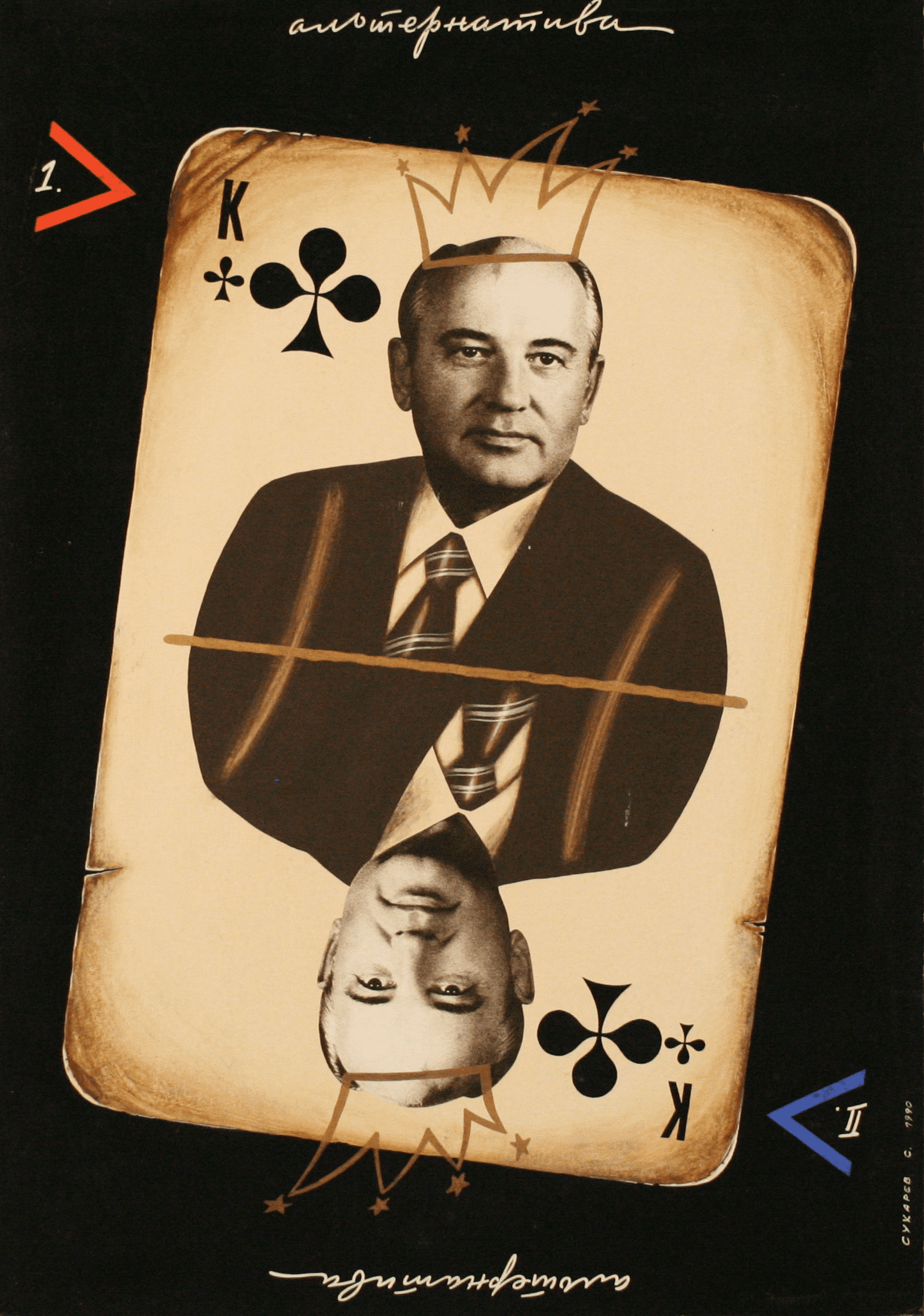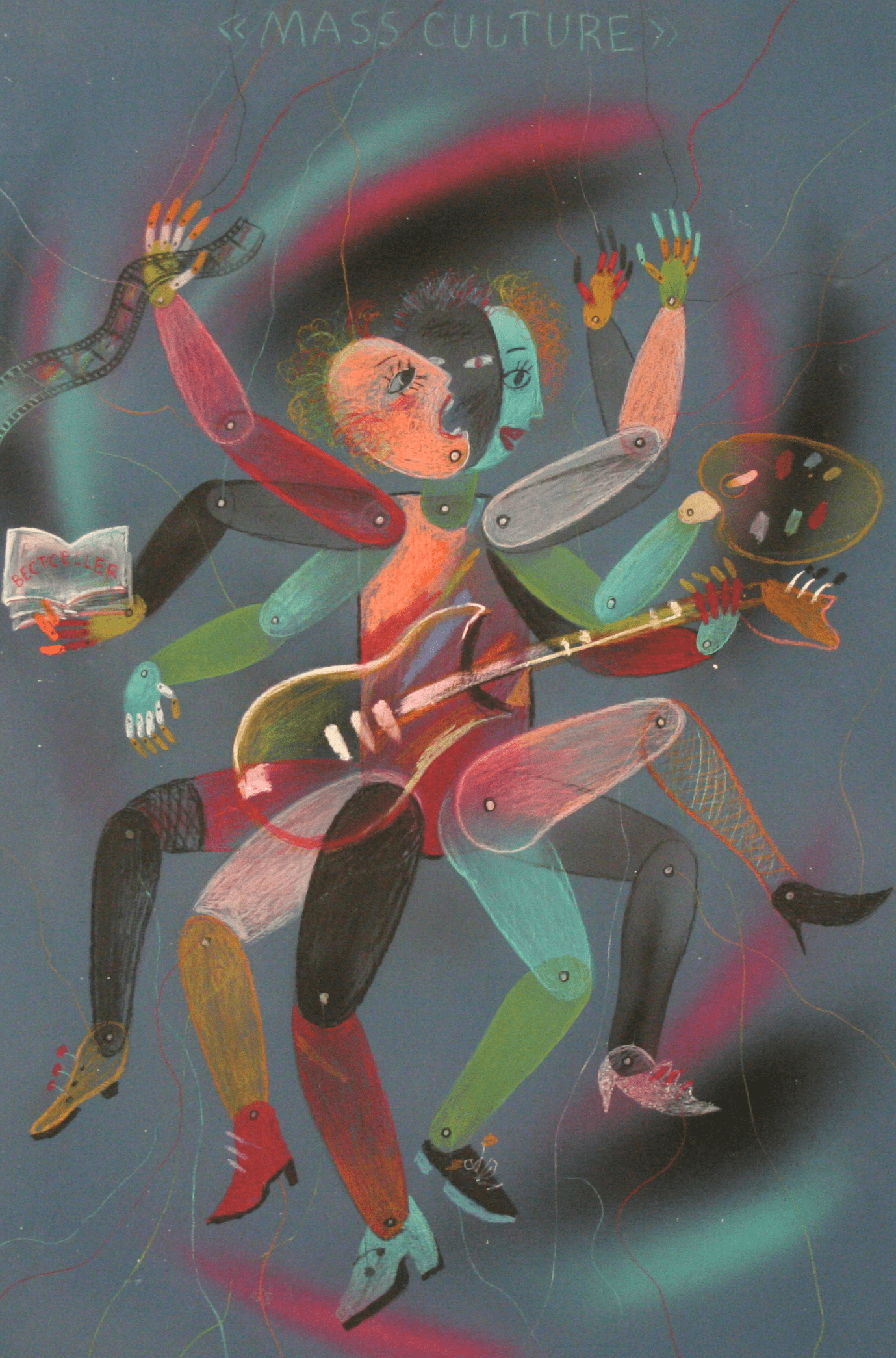GDR State Gifts

The German Democratic Republic, founded in October 1949, invested considerable energy in international relations. At first only recognized by the Eastern Bloc states, the People’s Republic of China, and Korea, the GDR launched an initiative in the 1950s to establish diplomatic relations with countries in other parts of the world, especially in Africa, the Middle East, and East Asia.
Erich Honecker, Walter Ulbricht’s successor as secretary general of the ruling Socialist Unity Party (SED), visited thirty-eight countries and received fifty foreign delegations between 1971 and 1989. State gifts were exchanged at these official visits. Many gifts to the GDR were proudly displayed as “special inventory” in the Museum für Deutsche Geschichte (Museum for German History) in East Berlin, and several are now exhibited in the Deutsches Historisches Museum (German Historical Museum) in Berlin.
Among the highlights in this exhibition are artifacts acquired from various institutions or, in certain cases, from the original recipients of the gifts. Several of the most elaborate gifts given to Erich Honecker were in his possession when he died in 1994 and entrusted to his wife, Margot Honecker, and confidant Hans Wauer. In cooperation with Honecker’s attorney Karl-Heinz Kaiser, they carried out Honecker’s wish for the diplomatic gifts to find a permanent home in a scholarly institution outside of Europe, where he felt his personal belongings would not be too politicized. They are now part of the permanent collection of the Wende Museum.







